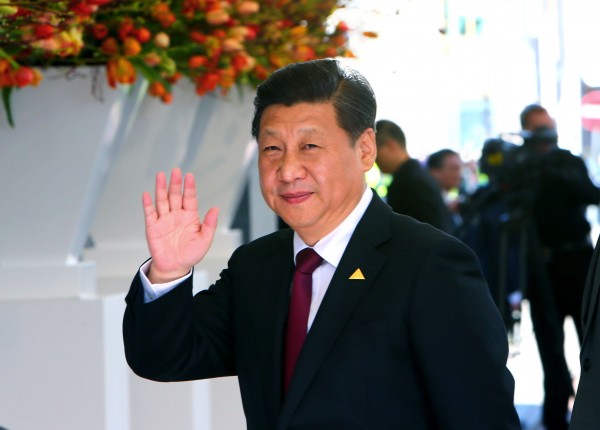

Follow us on:  
|


Tackling the issue of rising mortgage’s Xi said “houses are for living in, not for speculation”[Xinhua]
The Communist Party’s 2,000 delegates on Tuesday inserted Xi Jinping “Thought” into its constitution, effectively making the president the most powerful man in China.
Xi Jinping Thought is the president’s principles on the CPC’s contribution in governance and includes issues of development and reform.
The delegates also concluded the composition of top governing entities in the party, including the Central Committee and the Central Commission for Discipline Inspection.
While combating corruption and eradicating poverty remain central themes in his vision, Xi has promised to modernize the economy by principally unloosing restrictions on foreign investors entering Chinese markets.
This he says will strengthen market forces to play a greater role in price evaluation, particularly in the financing industry, and help refocus the economy on high-quality growth.
In effect, he is promising a “wider” open-door policy.
“Living in such a great era, we are all the more confident and proud, and also feel the heavy weight of responsibility upon us,” he said.
China will “clean up rules and practices that hinder a unified market and fair competition, support development of private firms and stimulate vitality of all types of market entities,” Xi said.
The president also stressed that China should take its place center-stage among other nations, implementing “socialism with Chinese characteristics”.
He would like to see China become “a modern socialist prosperous society” in 30 years.
The economy has in the past three quarters grown by 6.8 per cent and this will likely be the overall figure for the year, largely riding a surge in property investments.
Xi’s challenge will be how to curb the skyrocketing housing prices and mortgages, which threaten to increase household debt, without putting a dent in GDP growth which has lately been reliant on these sectors.
During his speech at the CPC National Congress, Xi said: “houses are for living in, not for speculation”.
Economists are worried about the specter of an unforseen drastic drop in asset prices after sustained GDP growth, which would have been largely sparked by debt or currency pressures.
The BRICS Post with inputs from Agencies